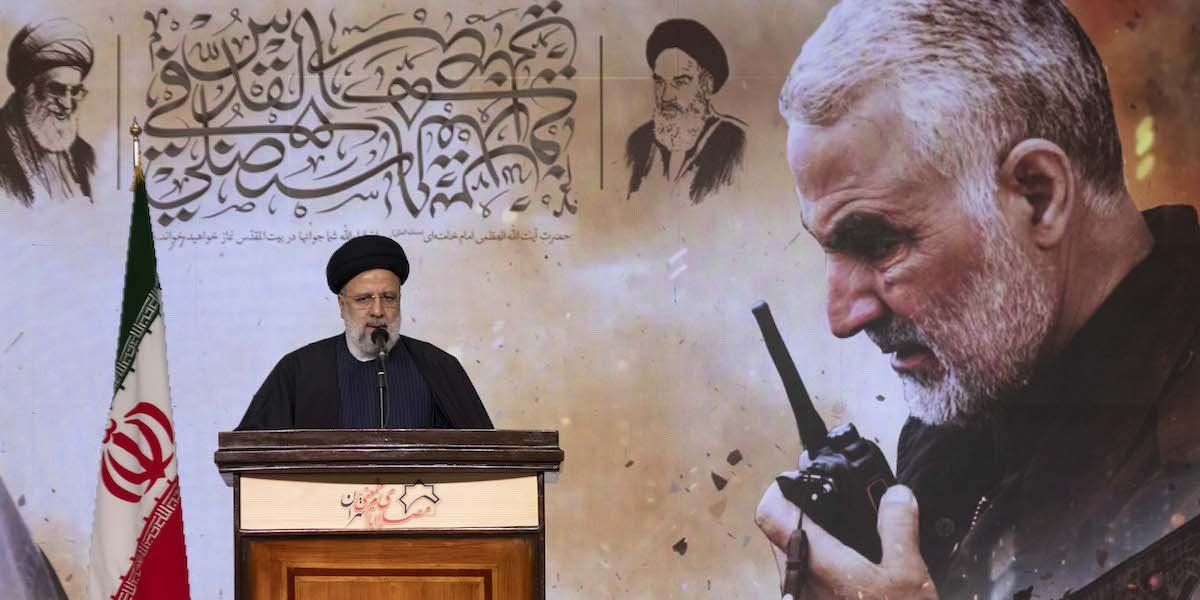Islamic State group spoils efforts to blame Israel for deadly Iran blasts
Just as Iranian hardliners sought to pin blame on Israel for Wednesday’s deadly attack in the Islamic Republic, the worst since 1979, the Islamic State group swooped in and claimed responsibility.
On Thursday, the militant group said two of its suicide bombers carried out the Kerman attack, which killed at least 89 people and injured roughly 280 near the grave of Qassim Soleimani, the Iranian general killed by a US drone strike four years ago. Islamic State group, a Sunni terror organization, has also been linked to past terror attacks in Iran, a Shiite-majority country.
Security gaps. The attack was a “massive security failure” for Tehran, and it will be “under intense pressure to respond” to restore faith in its ability to protect the public, says Gregory Brew, an expert on Iran at Eurasia Group.
“There is likely to be a thorough national investigation and a wave of arrests, coupled with action against terrorist groups active inside Iran, with potential spillover into Afghanistan or Syria, where ISIS and its affiliates are known to be active,” Brew adds.
A region on edge. The fatal explosions in Kerman couldn’t have come at a more precarious time. The brutal Israel-Hamas war in Gaza has ratcheted up tensions across the region – particularly between the Jewish state and other Iranian proxies like Hezbollah in Lebanon. There are growing concerns that the Middle East will soon face a broader, messier conflict.
But the Iranian government’s top priority is survival, so it isn’t particularly interested in becoming entangled in such a fight. And though Islamic State claiming responsibility for the attack “likely won’t stop figures in Iran’s political spectrum from implying an Israeli connection,” Tehran’s desire to avoid a regional conflict means it’s unlikely to formally blame Israel, says Brew.
“Escalation, when it comes, is likely to come through conflict between Israel and the US and Iran's proxies, rather than against Iran itself,” says Brew.
